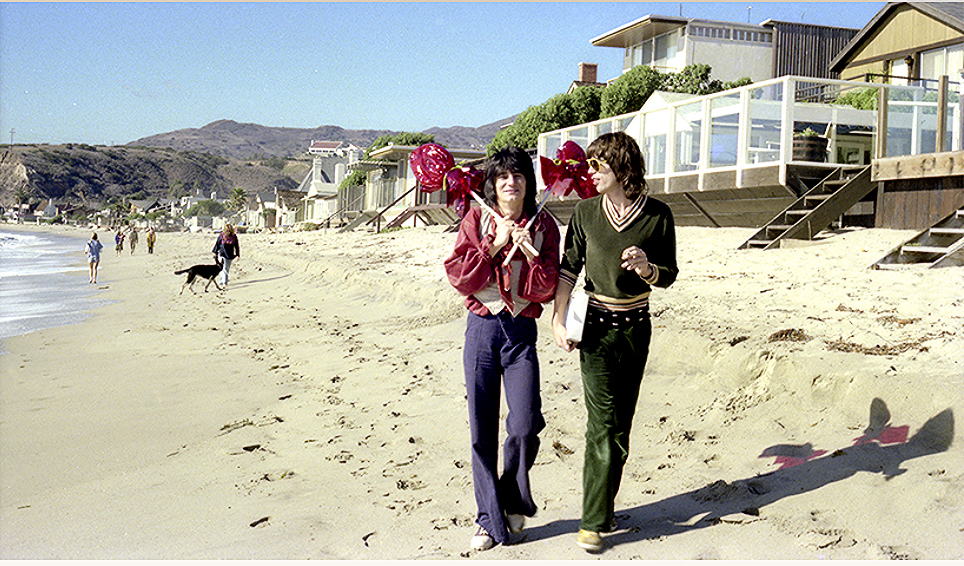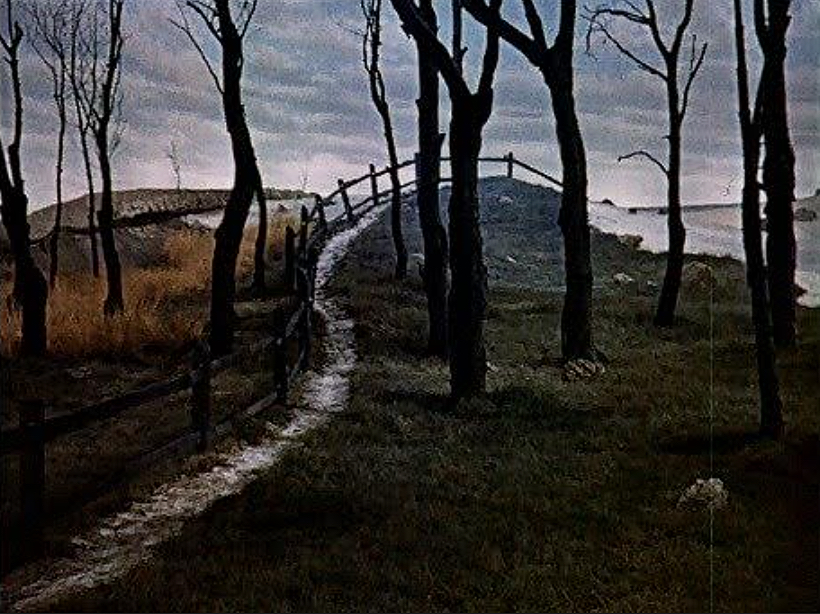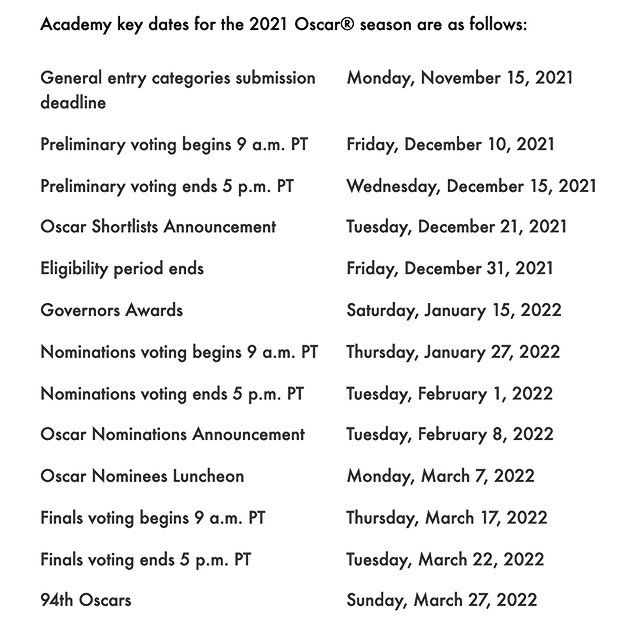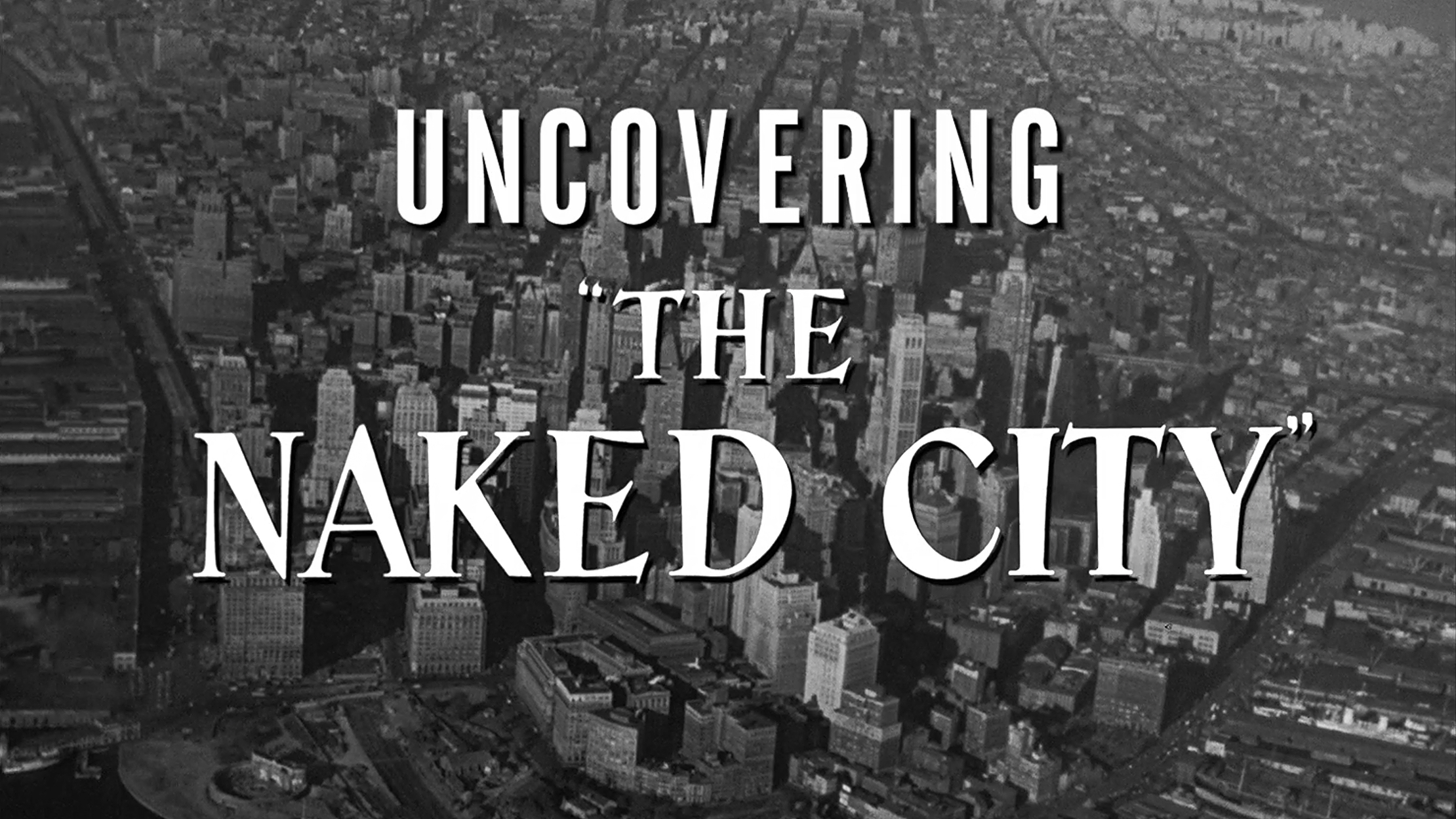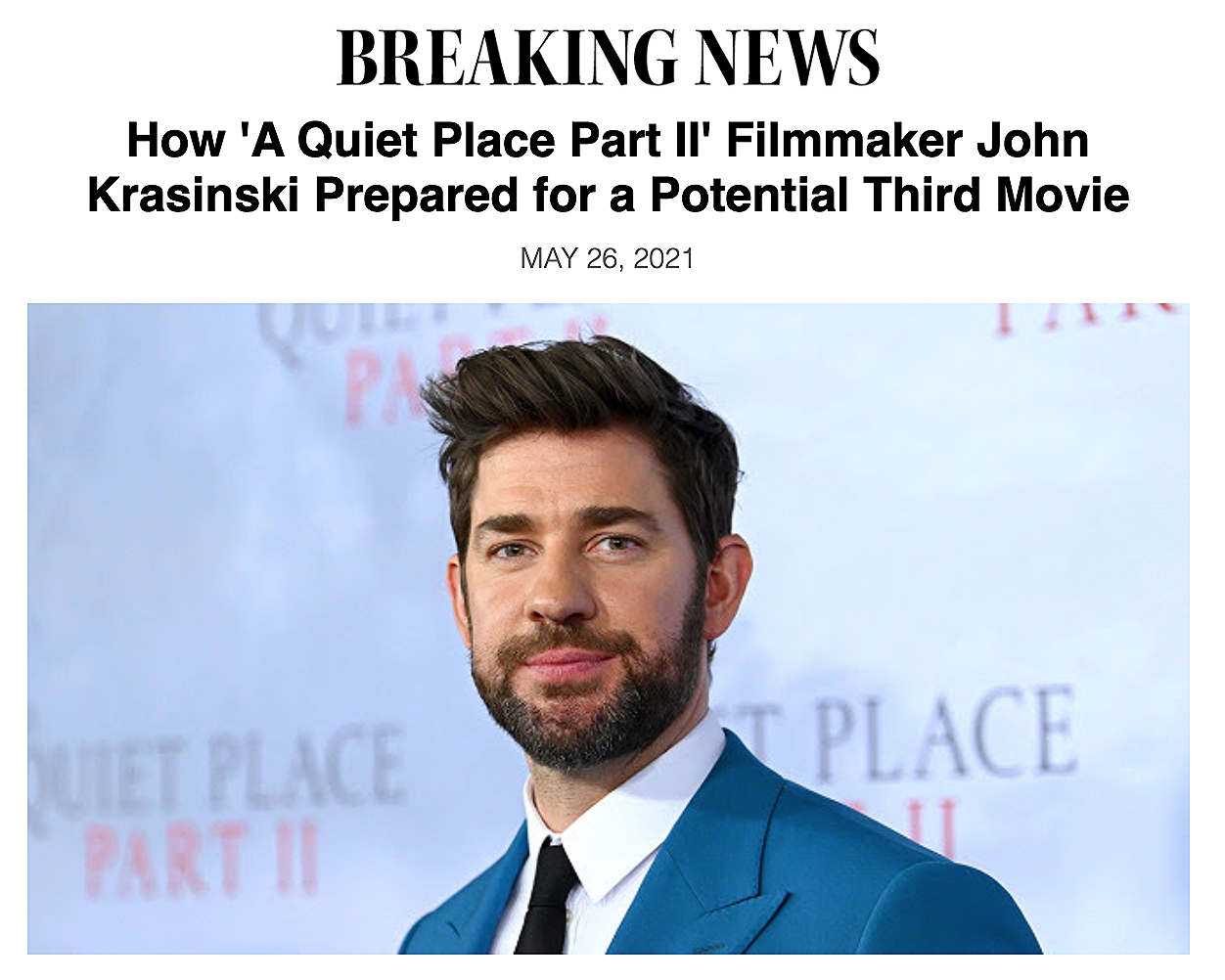If you’re just strolling along the Malibu Colony beach, cool. A simple communion with the wealthy vibes, intoxicating sea smell, gentle breezes, etc. You can approve a photographer (i.e., Carinthia West) taking snaps but that’s liable to draw attention, and in public places most celebrities do what they can, of course, to not call attention. So play it cool, Carinthia. We don’t want autograph seekers rushing over and spoiling the mood, right?
So why, one wonders, is Ron Wood carrying a couple of large, crimson-colored cheerleader pom-pom sticks? Answer: “It was October 1976 and Mick, Ronnie and I were on our way to Diana Ross’s daughter Tracee’s fourth birthday party, for which Ronnie is taking these red balloons. Ronnie and Krissy Wood had rented 54 Malibu Colony which was the base of operations for the all-night jamming sessions and partying so beloved of Ronnie. Ronnie’s manager at the time was Bob Ellis Silberstein, who was married to Ross.”
I saw the Stones perform in Madison Square Garden in the summer (or was it the fall?) of ’75. And then again in Paris in June of ’76 — Les Rolling Stones aux Abbatoirs.
